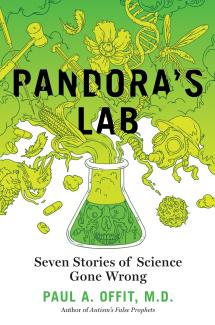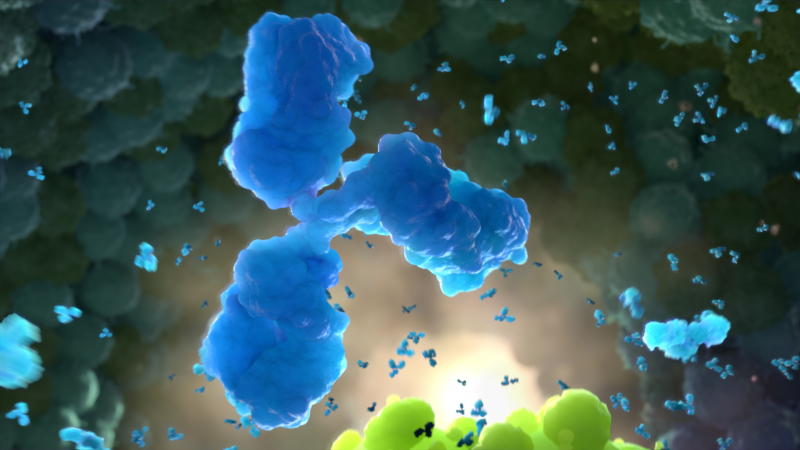Science & Society #8 – Disconnected from Science

Science & Society posts 1-7 addressed a variety of topics. Each related to some aspect of the similarly numbered chapter of the book, Pandora’s Lab: Seven Stories of Science Gone Wrong, by Paul A. Offit, MD. Chapter 8 of Dr. Offit’s book summarizes the lessons that can be learned from the stories shared.
Looking back over the related Science & Society posts, the following discussions were suggested:
- The role of “first do no harm” when healthcare providers prescribe opiates to treat a patient’s pain, particularly in light of the opioid epidemic.
- The importance of understanding chemistry, particularly as an adult making decisions for themselves and their families.
- The relative concerns of having a job that could cause negative societal effects, and as an example, loyalty to country versus harm to individuals for the scientist who created chemical weapons used in WWI.
- The capacity of scientific findings to be used in a manner that supports personal biases or beliefs.
- The determination of who should decide whether risky treatments can be used and how to decide who should be allowed to get the treatments.
- The best way to address gaps between what is known through scientific experimentation and the public’s perception of what is known.
- The importance of relative dosing and how to engage the public in considering the importance of dosing when making decisions.
The commonality, both in the chapters of Pandora’s Lab and in the Science & Society discussions, is that scientific findings affect people in a variety of ways. The science may be relevant to individuals or to entire societies. It may be applied to help or to hurt people. Sometimes, the same knowledge may be used in ways that both help and harm. People will never move away from the need for scientific inquiry, and lives will forever be shaped by its outcomes — yet, many people try to stay away from learning about science. They think it is not important, too difficult, or simply uninteresting.1
For Discussion
Consider both the lack of interest in, and appreciation for, science as well as its importance to society to discuss:
- Why do you think this disconnect between interest and importance exists?
- Do you think it can be overcome and if so, how?
Additional resources:
1 To find out more about this topic, check out Chapter 8, Learning from the Past, of Pandora’s Lab: Seven Stories of Science Gone Wrong, by Paul A. Offit, MD.
About the series:
The Science & Society discussion series is based on the book, Pandora’s Lab: Seven Stories of Science Gone Wrong, by Dr. Paul Offit, Director of the Vaccine Education Center at Children’s Hospital of Philadelphia. We understand that teachers are using this book in high school classrooms, so in an effort to continue providing classroom resources, we developed this series to provide short reading passages that will leave students with questions to further explore in classroom discussions or specific projects. By presenting scientific ideas representing two sides of an issue, students will have the opportunity to consider how science fits into society from political, ethical, and legal points of view.

